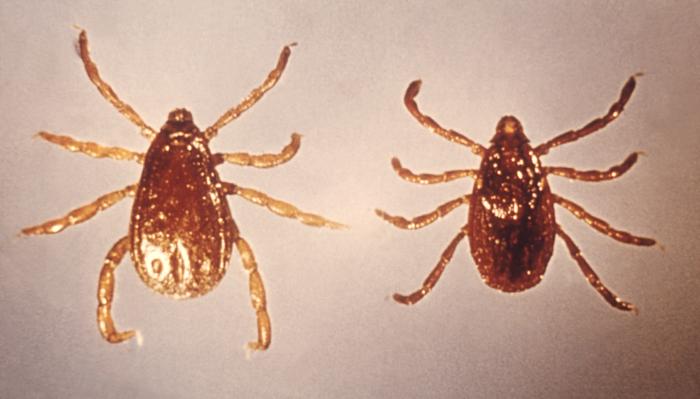
Ana Domingos‘ project (approved for funding by FCT) with the tile “TickVac: A proteomic and functional genomic insight into the Rhipicephalus sanguineus – interactome towards disease control” represents a step forward on the selection of potential anti-tick vaccines candidates. The project will evaluate protein differential expression/representation between two Rhipicephalus sanguineus populations (resistant and susceptible to Ehrlichia canis infection/transmission) and the functional characterization of R. sanguineus-tick genes and proteins affected in response to E. canis-pathogen infection.
R. sanguineus, the brown dog tick, is the most widespread tick in the world and has a remarkable host preference for dogs, although infestations may also occur on other mammals including humans. It is the vector of several pathogens, such as E. canis, a potential zoonotic pathogen responsible for monocytotropic ehrlichiosis (ME). ME is distributed worldwide, is high prevalent and severe but there is no commercial vaccine against the disease. Tick control using acaricides remains the main preventive measure against E. canis. However, vaccination has the advantages of being cost-effective, reducing environmental contamination, preventing the selection of drug-resistant ticks and can target both vector and pathogen.
This study will be the first using proteomic and functional genomics on R. sanguineus – E. canis and on the different vector capacity of R. sanguineus lineages.
The long-term goal of this research is to develop methodologies to protect humans and animals against ticks and tick-borne diseases. The results will contribute greatly to the control of tick infestations and the transmission of tick-borne diseases.
Project: PTDC/CVT-WEL/1807/2014